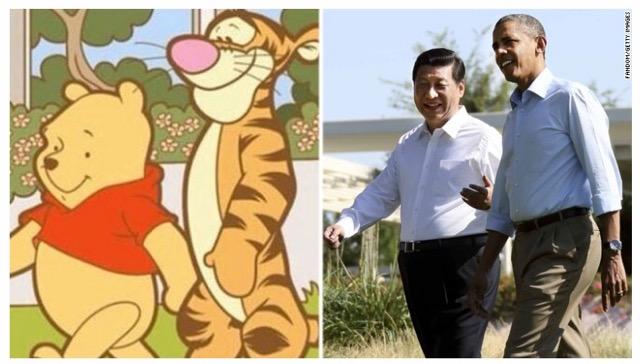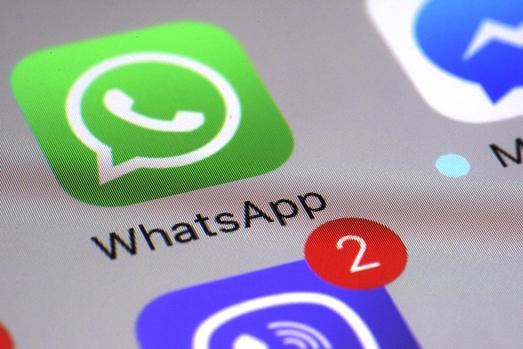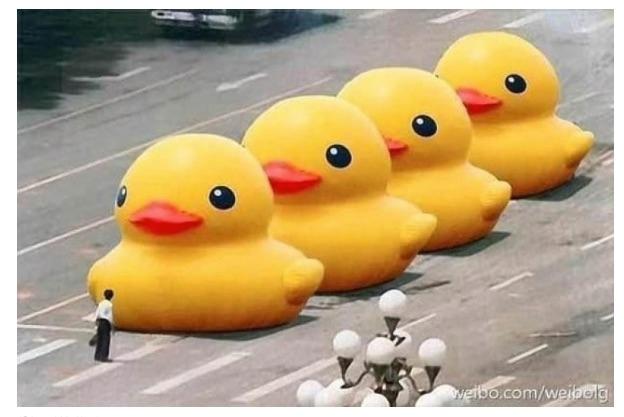The Domino Effect
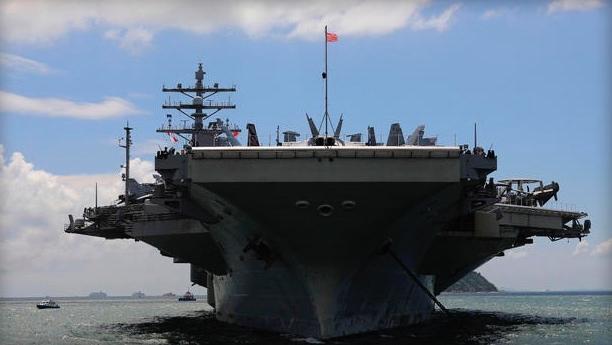
As joint ROK/US military drills begin off the coast of Korea and Kim Jong-un revives his threats against Guam, people around the world are understandably concerned. No one knows what will happen next. With Rex Tillerson saying America’s diplomatic efforts will continue “until the first bomb drops,” a retired US Army general predicting America will be “sliding towards war by next summer,” and North Korea's UN Ambassador stating, "Nuclear war may break out at any moment," it's anyone's guess.
With the fate of millions balancing precariously between war and peace, all eyes are on Seoul, Pyongyang, and Washington. But what about Beijing?
The 19th National Congress is being held in China’s capital this week, and Xi Jinping is in the spotlight. As China’s President, the head of China’s Communist Party (CCP), and the Commander in Chief, he is thought to be the most powerful Chinese leader since Deng Xiaoping. Many believe he is nearing cult status, second only to Mao.
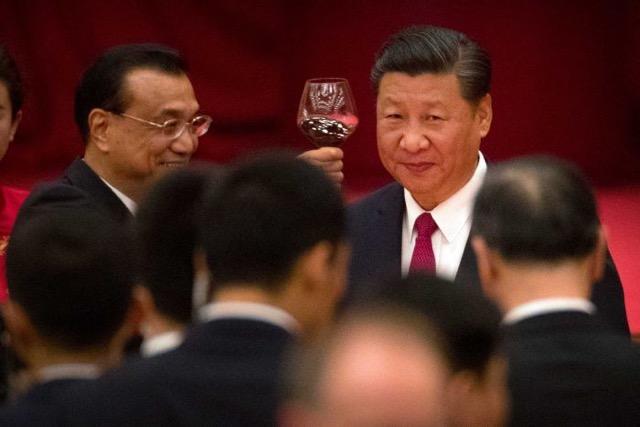
Xi Jingping will be the toast of the town all week (Photo credit: AP)
And he’s slowly tightening his grip on power. From an unprecedented Internet crackdown, to increased restrictions on newspapers, private companies, NGO’s, universities, publishers, and social media, Xi and his political cronies have sent a clear message to their subjects: we don’t tolerate dissent. Not even the hint of it.
What gives? Why is Xi so paranoid?
It’s called the domino effect. The CCP is nervous that one misstep, one miscalculation, no matter how small or seemingly insignificant, could lead to the disintegration of the party, an unraveling of the planet's most populated country, a collapse of the second largest economy in the world, and the personal loss of billions of dollars for China's political elite. There’s a lot at stake for the man who emulates Mao and wants to secure power for as long as possible.
And that takes me to the issue of North Korea.
Around this time 67 years ago, Chinese soldiers began appearing below the Yalu River. US generals at first thought they were only “volunteers” or members of small Chinese units sent to probe American defenses. But they were wrong.
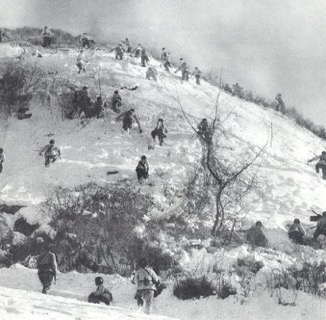
The Chinese attack, 1950. (Photo credit: National War Memorial of Korea)
Mao had repeatedly warned Truman and MacArthur he wouldn’t tolerate US troops near his border. The rest is history. The Chinese came to North Korea’s rescue, the US and China went to war, and when a truce was finally signed in 1953, the peninsula remained divided. Today, the DPRK's government, the same one saved by the Chinese, is alive and well. But with different players.
Kim Il-sung, the DPRK’s founder, has been replaced with his grandson, Kim Jong-un, and Mao, the PRC's founder, has been replaced with Xi Jinping.
With the threat of war increasing, it's important to remember that China - more specifically Xi - will not permit the government saved by Mao to collapse. A unified Korea is the last thing Xi or anyone else in the CCP wants. North Korea is a domino that can't fall.
As long as the CCP rules China, and men like Xi Jinping are allowed to control and manipulate over 1.4 billion people, Kim Jong-un will rule North Korea. There will be no falling dominoes any time soon - not even with the harshest sanctions or threats of “fire and fury.”
The Korean War, which is technically still not over, will end only when China allows it to.
Featured Blog Photo: Xi Jinping (Photo credit: AP) Top photo: USS Ronald Reagan off the coast of South Korea, October 2017 (Photo credit: AP)
